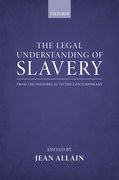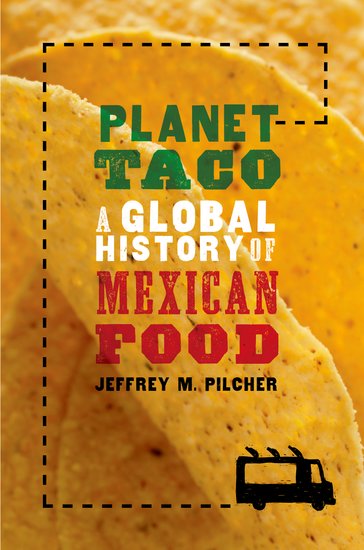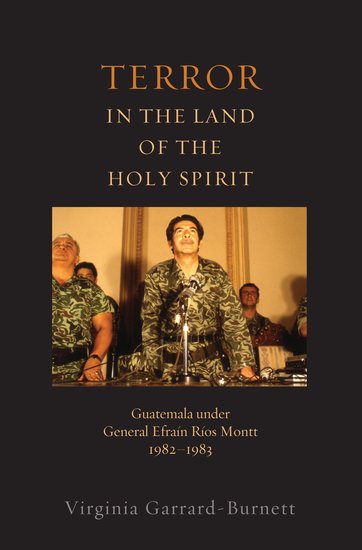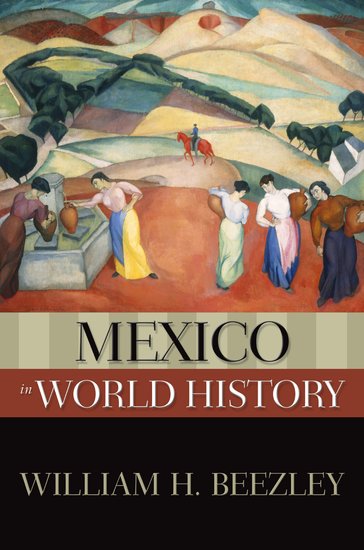Countries of the World Cup: Brazil
The Federative Republic of Brazil, also known by the spelling ‘Brasil’, is the world’s fifth largest country with a population of over 199 million. It has the honour and distinction of hosting the World Cup this year, a fact that had this fútbol-centric nation even more hyped than usual.













